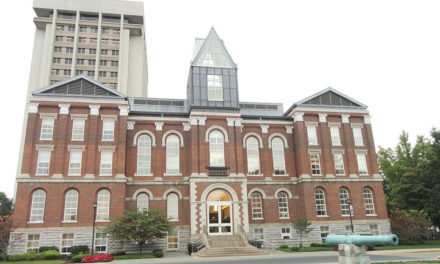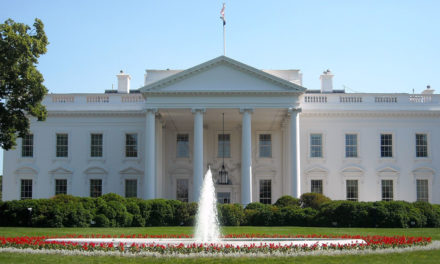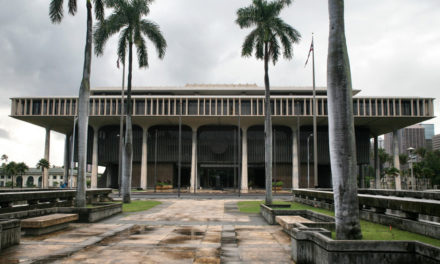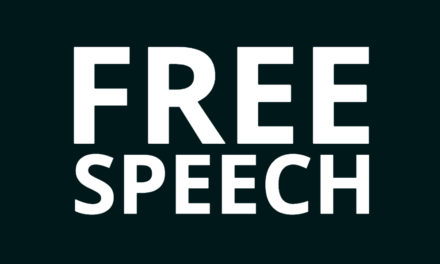Today we address the second half of a federal judge’s order directing a South Carolina school district to follow nine “guidelines” she imposed on graduation prayers in the district. Yesterday we addressed part one of that court order.
Here’s where we left off:
- The portions of any graduation ceremony devoted to student remarks shall be given the same name in any program or flier, such as “student remarks,” “student speech,” or a substantially similar, non-religious name. No program or flier may direct the audience or participants to stand for any student’s remarks at a graduation ceremony.
- Comment: The court order already forbids the school from designating any type of prayer in the official program, so I’m not sure why the judge felt this command was necessary. Was there a problem at this school with programs instructing people to stand for the valedictorian’s speech, because the administration knew there would be a prayer contained therein?
- If school officials review, revise, or edit a student’s remarks in any way prior to the graduation ceremony, then school officials shall ensure that the student’s remarks do not include prayer.
- Comment: This requirement is ridiculous, of course, as if some edits to a speech suddenly turn the entire speech into the government-sponsored message. It doesn’t. If the school is the sole determiner of content or substantially controls the content, however, that would make a difference. But this judge didn’t qualify her order that way. So it reeks of being an overbroad restriction on speech.
- If school officials do not review, revise, or edit a student’s remarks in any way prior to the graduation ceremony, then a student’s remarks may include prayer, provided that no other persons may be asked to participate or join in the prayer, for example, by being asked to stand or bow one’s head. Moreover, in the event that a student’s remarks contain prayer, no school officials shall join in or otherwise participate in the prayer.
- Comment: As to school officials’ actions in the presence of prayer, there is at least one federal court that dinged school officials for bowing their heads in respect for student-led prayer happening right in front of them. But respect doesn’t equal “endorsement” or anything approaching a violation of the Establishment Clause. The Supreme Court needs to put an end to that type of court “guideline.” The Supreme Court has ruled that school-designated speakers like clergy cannot pray at public school graduations because it somehow “coerces” the “trapped audience” to join in. (See, however, Justice Scalia’s powerful dissent on that issue.) And obviously it wouldn’t be right for a school employee to lead a prayer where students were present. But to forbid a student speaker the right to say the words: “please stand and join with me in prayer” is a step too far for this judge to take.
- Any program or flier for a graduation ceremony must include the following disclaimer if the ceremony includes a student’s remarks: “The views or opinions expressed by students during this program are their own and do not reflect the policy or position of the school district.”
- Comment: Fine. Including this sentence in the program doesn’t take much effort or violate anyone’s rights. But, really, have we as a nation declined in our cognitive skills such that we can’t discern that a student prayer is simply that, and not a government prayer? This part of the judge’s order is simply not required by the First Amendment. It should be a suggestion from the judge, not a mandate.
- The district shall provide school officials with a written policy that includes these guidelines for graduation ceremonies, and the district and/or school officials shall provide a copy of that written policy to any student who is selected to give remarks at a graduation ceremony.
- Comment: Here’s the first requirement I don’t have a problem with. Having written policies protects the school district and students as much as those who are easily offended. If a public school doesn’t have such a written policy, I highly recommend it. Then stick to the policy.
Final thoughts: Remember the one simple rule that keeps public schools out of trouble with litigious secular organizations: student-initiated, student-led prayer is legal and guaranteed by the First Amendment. Schools have to remain neutral, permitting but not hindering or promoting student prayer.
Other resources:






